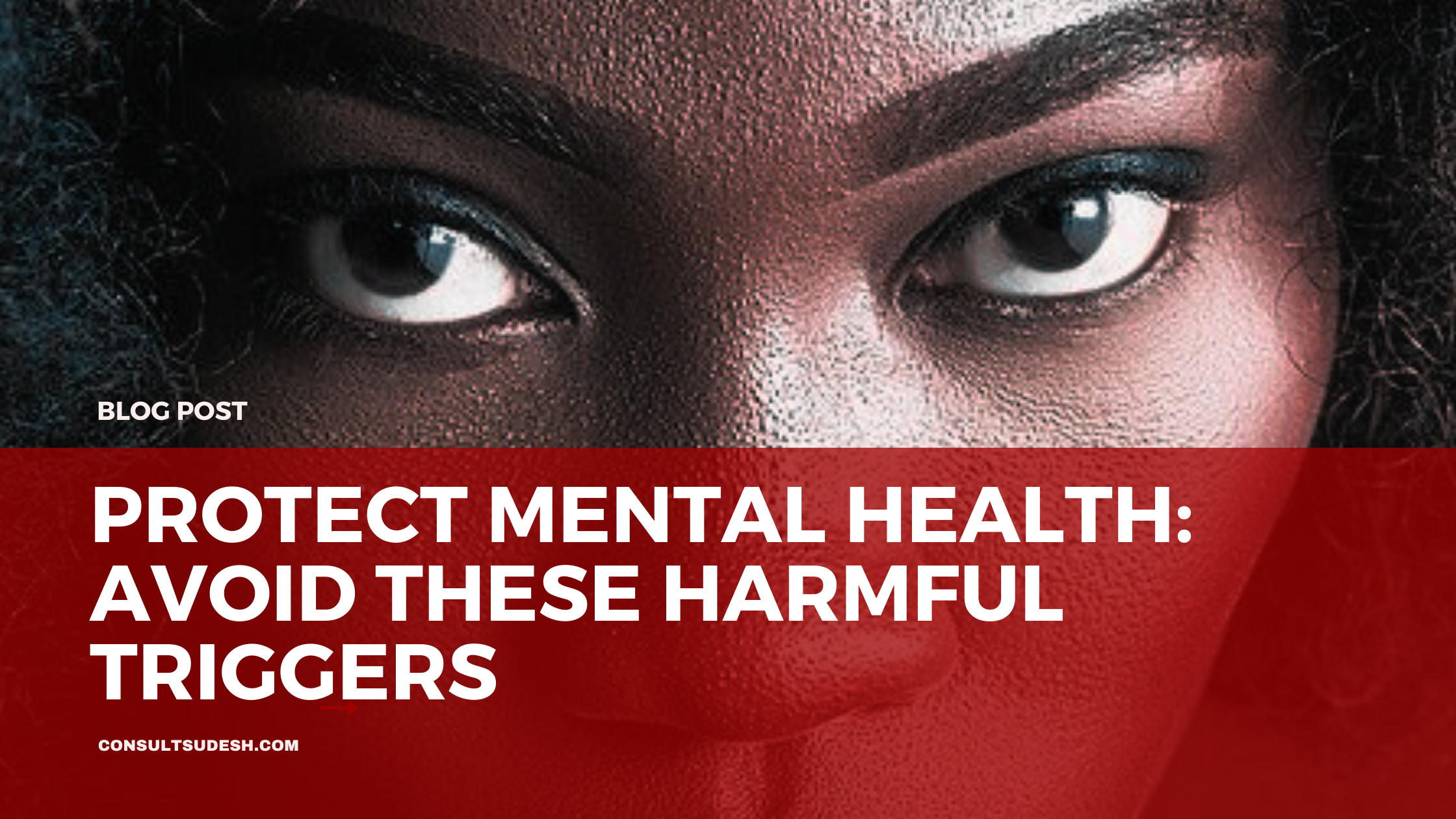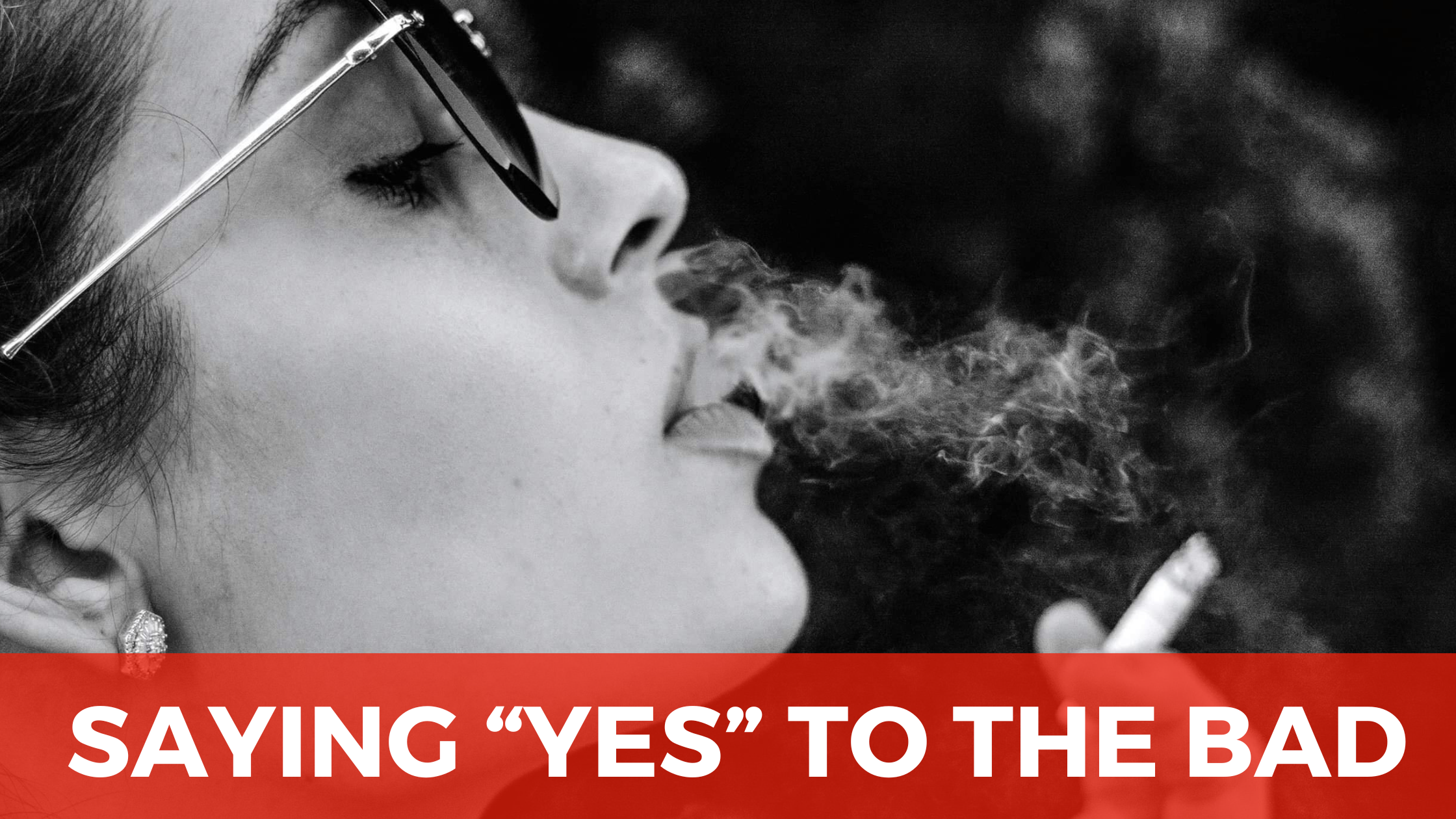The mind is a powerful force. The human brain can store around 2.5 petabytes of information, which is equivalent to 2.5 million gigabytes. This is enough space to store three million hours of TV shows. In this day and age we have lots of information that is doing more harm than good. In as much as information has increased, the capability of young people to protect their minds hasn’t increased. I wrote about mental health in the past and said, “Promoting and protecting mental health at work is a growing area of interest and can be supported through an understanding of the context, training, and interventions for those who genuinely experience mental health deterioration.” If you want to read the whole blog post click on the hyperlinked text. The post is a great percussor to this one.
Recently I heard of a sixteen year old girl who bought rat poison and was ready to commit suicide because she was bullied at school. At one of my client’s meetings I witnessed a case where a twenty something lady was being disrespectful to her colleagues. After the meeting I had a private conversation with her and she started crying. She reported me to the HR manager for “harassing her” I had messed with her mental health. Those who need mental health help say nothing whole those who need don’t need it quickly become “cry babies”. I am addressing those who genuinely need help. And for such, it is important to know what triggers mental illness. If you can deal with the triggers, you will prevent the illness so that you don’t have to spend lots of time and money dealing with the consequences.
According to the book, “Anxious Generation”, There was little sign of an impending mental illness crisis among adolescents in the 2000s. Then, quite suddenly, in the early 2010s, things changed. Each case of mental illness has many causes; there is always a complex backstory involving genes, childhood experiences, and sociological factors. Mental illness went up in so many countries between 2010 and 2015 for Gen Z (and some late millennials) while older generations were much less affected.
What are the major triggers of mental illnesses today? Anxiety is the leading trigger for mental health. Anxiety is related to fear, but is not the same thing. The diagnostic manual of psychiatry (DSM-5-TR) defines fear as “the emotional response to real or perceived imminent threat, whereas anxiety is anticipation of future threat.”Both can be healthy responses to reality, but when excessive, they can become disorders.
Anxiety and its associated disorders seem to be the defining mental illnesses of young people today. A 2022 study of more than 37,000 high school students in Wisconsin found an increase in the prevalence of anxiety from 34% in 2012 to 44% in 2018, with larger increases among females. A 2023 study of American University students found that 37% reported feeling anxious “always” or “most of the time,” while an additional 31% felt this way “about half the time.” This means that only one-third of university students said they feel anxiety less than half the time or never. While these statistics are in Europe, similar patterns can be seen in Africa.
Anxiety affects the mind and body in multiple ways. For many, anxiety is felt in the body as tension or tightness and as discomfort in the abdomen and chest cavity. Emotionally, anxiety is experienced as dread, worry, and, after a while, exhaustion. Cognitively, it often becomes difficult to think clearly, pulling people into states of unproductive rumination and provoking cognitive distortions that are the focus of cognitive behavioral therapy (CBT), such as catastrophizing, overgeneralizing, and black-and- white thinking. For those with anxiety disorders, these distorted thinking patterns often elicit uncomfortable physical symptoms, which then induce feelings of fear and worry, which then trigger more anxious thinking, perpetuating a vicious cycle.
The second most common psychological trigger for young people today is depression. The main psychiatric category here is called major depressive disorder (MDD). Its two key symptoms are depressed mood (feeling sad, empty, hopeless) and a loss of interest or pleasure in most or all activities. For a diagnosis of MDD, these symptoms must be consistently present for at least two weeks. They are often accompanied by physical symptoms, including significant weight loss or weight gain, sleeping far less or far more than normal, and fatigue.
They are also accompanied by disordered thinking, including an inability to concentrate, dwelling on one’s transgressions or failings (causing feelings of guilt) and the many cognitive distortions . People experiencing a depressive disorder are likely to think about suicide because it feels like their current suffering will never end, and death is an end.
An important feature of depression is its link to social relationships. People are more likely to become depressed when they become (or feel) more socially disconnected, and depression then makes people less interested and able to seek out social connection. As with anxiety, there is a vicious circle.
“So Sudesh! Thanks for the data and complicated terms. What is the solution of carbing the triggers”. I wish the answer was complicated but its not.
If you’re a parent consider: No smartphones before high school. No social media before 18 and even then its use needs to be restricted. If your a twenty or thirty something old with bouts of anxiety and depression, you might need to turn off the notification signs on your social media applications- this will give you more independence, free play, and responsibility in the real world.
The most important preventives medicine is to protect your mind. In the book of Proverbs 4:23 it says, So, above all, guard the affections of your heart, for they affect all that you are. Pay attention to the welfare of your innermost being, for from there flows the wellspring of life. The Hebrew word used for “heart” is levav which includes; thoughts, will, discernment and affections.
Instead of anticipating danger tell yourself, “I am fearfully and wonderfully made. My future is bright. Everyday I advance. My children are favoured, and dwell in safety. My marriage is beautiful. I have everything is need. I lack nothing. I am happy. I am the most blessed man/woman alive” I speak those words to myself a couple times a day and I see these things happen in my life. Try it and tell me. That’s how you diffuse anxiety and depression that cause mental illness- don’t even let it happen.








